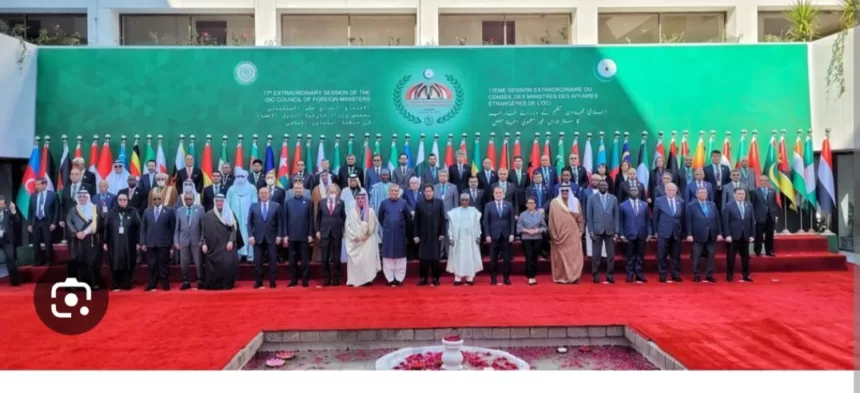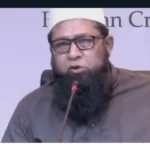In an increasingly interconnected world, where issues of human rights, justice, and equality occupy the global discourse, it is essential to reflect upon the stark contrast between the vocal solidarity expressed by Muslim and Islamic countries when Muslims face adversity in non-Muslim nations and their relative silence when faced with transgressions within their own borders.
Time and again, we witness Muslim-majority nations, particularly the Arab world, raising their voices against perceived injustices, real or perceived, occurring to Muslims in non-Muslim countries. The cry for Muslim rights and the fight against Islamophobia reverberate on international platforms. However, it becomes glaringly apparent that this empathy and vocal support evaporate when the transgressions occur within their own borders.
A stark example is the tragic plight of religious minorities within Islamic countries. Pakistan, a country created in the name of religious freedom, has witnessed the ongoing persecution of its non-Muslim population, including Hindus, Sikhs, Christians, and even the marginalized Ahmadiyya Muslim community. Similarly, in the Islamic Republic of Iran, the Kurdish minority faces discrimination, and Sunni-majority Arab countries have had their Shia Muslim populations persecuted, revealing a distressing inconsistency in addressing the rights of religious minorities.
The Organization of Islamic Cooperation (OIC), a collective body representing Muslim-majority nations, often falls short of its proclaimed mission when it comes to advocating for the rights of non-Muslims in member countries. This selective approach undermines the credibility of these nations on the global stage.
Arab nations, while benefiting from the labor of foreign workers, have been widely criticized for neglecting their rights and, at times, perpetuating exploitative practices. This hypocrisy is emblematic of the indifference shown by some Muslim-majority nations towards human rights.
Another glaring concern is the absence of genuine democratic systems, freedom of speech, expression, religious freedom, and secular values in most Muslim-majority countries. While it is essential to acknowledge that no nation is monolithic, the majority of these nations face challenges in achieving the standards of good governance, civil liberties, and human rights upheld by the international community.
Furthermore, the complex geopolitical landscape in the Muslim world often leads to conflicts and power struggles. Turkey’s actions in Iraq and Syria, as well as Azerbaijan’s approach towards ethnic Armenians in Nagorno-Karabakh, pose significant challenges to regional stability. These disputes demand diplomatic resolutions that respect the rights and autonomy of affected populations, rather than perpetuating cycles of violence and displacement.
In conclusion, the paradox of double standards among Muslim and Islamic countries is a disheartening reality that requires serious reflection and introspection. It is imperative for these nations to live up to the principles of justice, equality, and human rights, both within their own borders and on the international stage. Only by addressing these disparities can they hope to bridge the gap between their professed values and their actions, fostering a more equitable world for all.
It is crucial for the international community to engage in constructive dialogue and cooperation to help Muslim-majority nations overcome these challenges, fostering a more inclusive and just global order.







